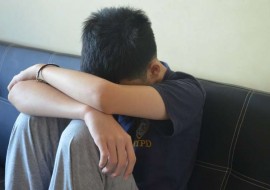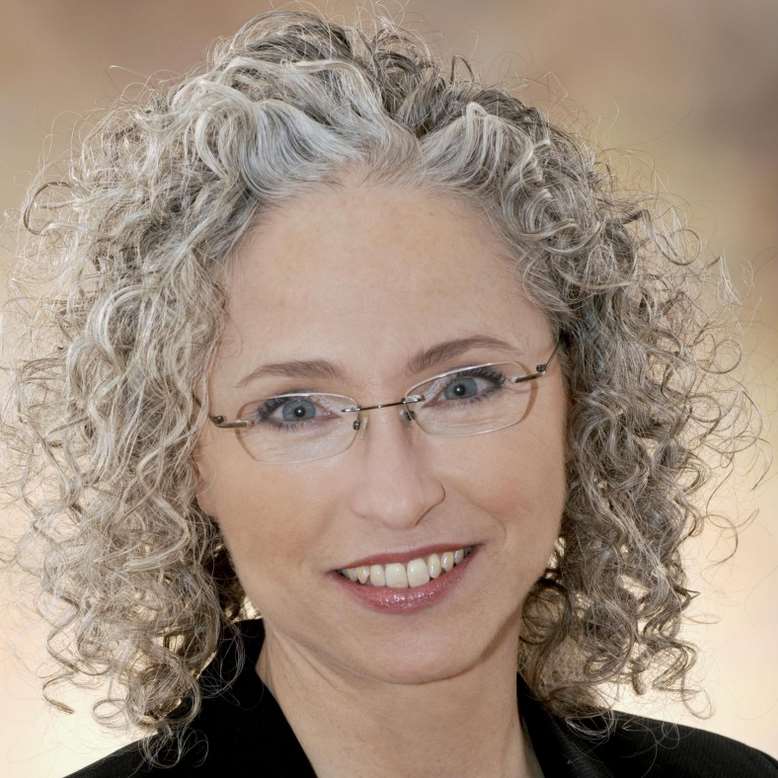Research tells us that “marital deterioration is one of the leading causes of human suffering.”1 Persons in troubled relationships are at greater risk for depression2,3,4 and lowered immune function,5 and are less likely to attend to their health.6 Compared to persons who are satisfied with their relationships, those in distressed relationships miss more work, are less productive in their work, and push harder to accomplish everyday tasks.7 In addition, they have fewer positive interactions and more negative interactions with friends and relatives; they describe themselves as more distressed.7 Moreover, the children in these families have problems in school, behavior and health.8
The research also tells us that couples wait too long to seek outside advice and guidance9,10 and that long delays, years in many cases, make the problems more challenging to resolve.11,12 Less than a third of divorcing couples ever seek professional help.10,13 And, whereas couples worry about the effect of divorce on their children, research shows that marital strife preceding divorce accounts for most of the hardship on children.8
Fortunately, the research demonstrates that some couple therapy methods are effective.14 Among these are behavioral couple therapy, emotion focused couple therapy,15 and a method that combines features of both behavioral and emotion-focused approaches called integrative behavioral couple therapy.16 In one review of empirically-supported therapies, the authors said, “…in no published study has a tested model failed to outperform a control group. In virtually every instance in which a bona fide treatment has been tested against a control group, the treatment has shown reliable change” (page 85).17
Finally, there are promising results from recent studies supporting the value of a relationship checkup, akin to the annual physical checkup.1,18 The value of this approach is the likelihood of identifying problems when they are small and can be more easily addressed, and while the couple has enough mutual goodwill for a collaborative effort to improve the relationship.
Essentially, what the research tells us about marriage and couple counseling is that troubled marriages are destructive to the couple and their children and that couples wait far too long before getting help, if they get help at all. To increase their odds of success, distressed couples should find a psychotherapist who practices one of the empirically-supported couple therapy methods – sooner than later.
References
1. Cordova JV, Scott RL, Dorian M, Mirgain S, Yaeger D, Groot A. The marriage checkup: An indicated preventive intervention for treatment-avoidant couples at risk for marital deterioration. Behavior Therapy 36:301-309, 2005.
2. Hooley JM, Teasdale JD. Predictors of relapse in unipolar depressives: Expressed emotion, marital distress, and perceived criticism. Journal of Abnormal Psychology 98:229-237, 1989.
3. Paykel ES, Myers JK, Dienelt MN, Klerman GL, Lindenthal JJ, Pepper MP. Life events and depression: a controlled study. Archives of General Psychiatry 21:753-760, 1969.
4. Weissman MM. Advances in psychiatric epidemiology: Rates and risks for major depression. American Journal of Public Health 77:445-451, 1987.
5. Newton TL, Kiecolt-Glaser JK, Glaser R, Malarkey WB. Conflict and withdrawal during marital interaction: The roles of hostility and defensiveness. Personality and Social Psychology Bulletin 21:512-524, 1995.
6. Schmaling KB, Sher TG. Physical health and relationships. In WK Halford & HJ Markman (Eds.), Clinical Handbook of Marriage and Couples Interventions (pp. 323-336). Chichester: Wiley & Sons, 1997.
7. Whisman MA, Uebelacker LA. Impairment and distress associated with relationship discord in a national sample of married or cohabiting adults. Journal of Family Psychology 20:369-377, 2006.
8. Cherlin AJ, Furstenberg FF, Chase-Lansdale PL, Kiernan KE. Longitudinal studies of effects of divorce on children in Great Britain and the United States. Science 25:1386-1389, 1991.
9. Bowen GL, Richman JM. The willingness of spouses to seek marriage and family counseling services. Journal of Primary Prevention 11:277-293, 1991.
10. Wolcott IH. Seeking help for marital problems before separation. Australian Journal of Sex, Marriage and Family 7:154-164, 1986.
11. Snyder DK. Marital Satisfaction Inventory, Revised. Los Angeles: Western Psychological Services, 1997.
12. Snyder DK, Mangrum LF, Wills RM. Predicting couples’ response to marital therapy: A comparison of short- and long-term predictors. Journal of Consulting and Clinical Psychology 61:61-69, 1993.
13. Albrecht SL, Bahr HM, Goodman KL. Divorce and remarriage: Problems, adaptations, and adjustments. Westport, CT: Greenwood Press, 1983.
14. Baucom DH, Shoham V, Mueser KT, Daiuto AD, Stickle TR. Empirically supported couple and family interventions for marital distress and adult mental health problems. Journal of Consulting and Clinical Psychology 66:53-88, 1998.
15. Johnson SM, Hunsley J, Greenberg L, Schindler D. Emotionally focused couple therapy: Status and challenges. Clinical Psychology: Science and Practice 6:67-79, 1999.
16. Christensen A, Atkins DC, Berns S, Wheeler J, Baucom DH, Simpson LE. Traditional versus integrative behavioral couple therapy for significantly and chronically distressed married couples. Journal of Consulting and Clinical Psychology 72(2):176-191, 2004.
17. Jacobson NS, Addis ME. Research on couples and couple therapy: What do we know? Journal of Consulting and Clinical Psychology 61:85-93, 1993.
18. Cordova JV, Warren LZ, Gee CB. Motivational interviewing as an intervention for at-risk couples. Journal of Marital and Family Therapy 27(3):315-326, 2001.
copyright Ann-Marie Codori 2009





